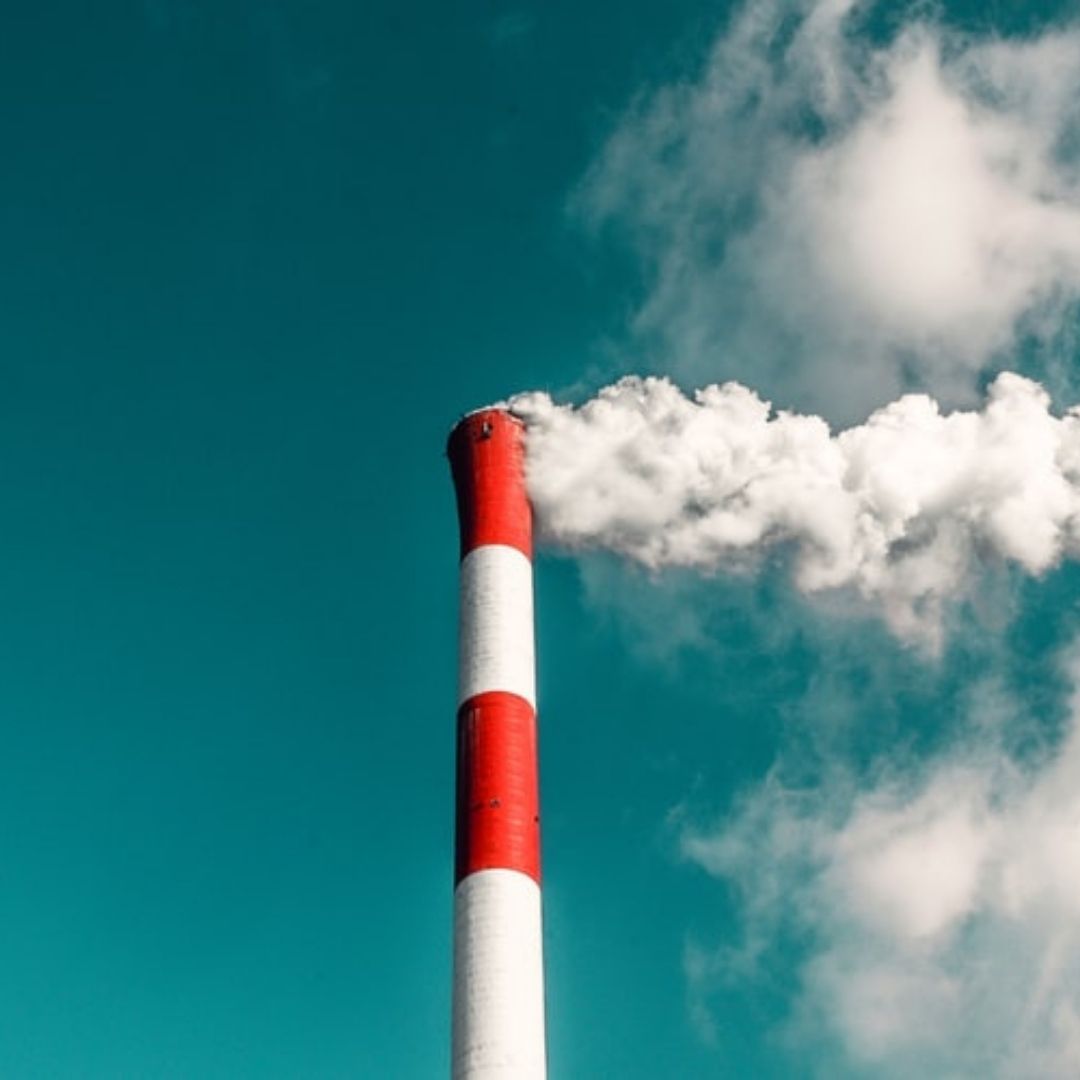
Image Credits: Unsplash
Remarkable Feat! India Achieves Emission Reduction Of 28% Over 2005 Levels Against Target Of 35% By 2030
India, 25 Aug 2021 11:37 AM GMT
Editor : Palak Agrawal |
Palak a journalism graduate believes in simplifying the complicated and writing about the extraordinary lives of ordinary people. She calls herself a " hodophile" or in layman words- a person who loves to travel.
Creatives : Tashafi Nazir
For most people, journalism sounds hectic and chaotic. For her, it's a passion she has been chasing for years. With an extensive media background, Tashafi believes in putting efforts on presenting a simple incident in the most interesting way.
India is now among the few countries globally that have kept to its Paris Climate Change (COP21) commitments along with an enormous increase in renewable energy capacity.
In a significant development, India has achieved an emission reduction of 28 per cent over 2005 levels, against the target of 35 per cent by 2030 committed in its NDC (Nationally determined contributions). With this, India is now among the few countries globally that have kept to its Paris Climate Change (COP21) commitments along with an enormous increase in renewable energy capacity, the government said in its press release.
In their keynote address at the 'INDIA-ISA Energy Transition Dialogue 2021' held by the International Solar Alliance (ISA) and the Union Ministry of New and Renewable Energy (MNRE), Union Minister of Power and New & Renewable Energy RK Singh stated that India is determined to not only achieve but exceed its NDC commitments within the required time frame.
"The central government has time and again implemented favourable policies and regulations to give a boost to the clean energy sector," the minister said, adding that how the country has been continuously propelling for energy efficiency improvements for the past 20 years. It has been done by various innovative market mechanisms and business models, capacity building, institutional strengthening, and demand creation measures.
85 Per Cent Of India's Power Capacity To Come From Renewables
Singh further added that the key is to allow the regulatory and policy support to keep the sector moving till the supply-side strengthens, technology develops, and the competitive market takes root resulting in a drop in prices, and the industry becomes self-reliant.
He said that by 2050, 80-85 per cent of India's total power capacity will come from renewables. The country has already touched 200 GW of peak demand. "The demand had surpassed what it was during the pre-COVID time and it is expected that electricity demand will continue to rise. This gives the government space to add more renewables capacity, but it will call for power system flexibility and the introduction of various storage technologies," said Singh.
Further, the minister said that the Indian Power Sector has achieved the coveted feat of 100 GW of installed Renewable Energy Capacity. In addition, 50 GW of additional capacity is under installation and another 27 GW under tendering process. "38.5 per cent of India's installed power generation capacity is based on pure, renewable energy sources as of July 2021 and if we continue with this pace, we can achieve the target of 40 per cent by 2023," Singh said.
"Currently, the country is at 4th position globally regarding installed RE capacity, 5th in solar, and 4th in wind energy capacity," he added.
450 GW Of Renewable Energy Capacity By 2030
India plans to continue this pace in the clean energy sector by systematically extending its targets to set up 450 GW of renewable energy capacity by 2030 from its current target of 175 GW by 2022. The 100 GW achievement not only marks a significant milestone but also builds upon the confidence to achieve more and be among the leading nations embarking on a path towards energy transition globally, Singh explained.
Dedicated Green Energy Corridors started by the MNRE have made it convenient for renewable energy developers to avail grid connectivity and evacuate up to 40,000 MW of large-scale renewable energy from renewable energy-rich parts of the country.
"Similar initiatives would be put in place to push for adoption and installation of floating solar power plants in water bodies and reservoirs in different parts of country," he said.
He urged other countries to discuss core issues and set to facilitate natural energy transition and high renewable energy penetration regarding decarbonisation. "I hope the road to transition becomes easy as many countries still depend on fossil fuels. Such countries need national decarbonisation strategies," Singh said.
Also Read: This Tamil Nadu Collector Is Building Accessible Toilets For Disabled People In Their Homes
 All section
All section














